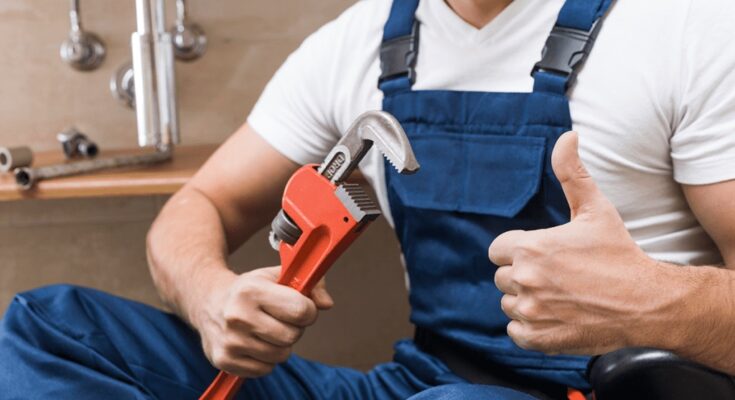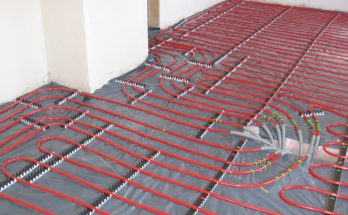Dealing with a plumbing emergency is stressful, inconvenient, and costly. Knowing what steps to take before the plumber arrives helps minimize water damage, reduces stress, and may save you money on repairs. Here is a guide to handling common plumbing emergencies and preparing for the plumber’s visit.
Assess and stop the leak
When facing any plumber Chiswick emergency, the first step is to stop additional water from leaking as soon as possible. Taking this step will help prevent further damage. Locate the main water shut-off valve for your home, which is usually near the water meter or main water line coming into the house. Make sure everyone in the household knows where this valve is so it is turned off quickly in an emergency. For a leaking pipe, shut off the water supply to that pipe. If dealing with a burst pipe, turn off the main valve. It is there is flooding, use towels to soak up standing water. Cover the leak with a pan or bucket to catch dripping water until the plumber arrives.
Check on danger areas
They are stopping the water flow, check areas most susceptible to water damage. Basements, crawl spaces, and bathrooms with tiled floors are prone to flooding issues. Assess walls, floors, and ceilings for water stains or moisture. Move rugs, furniture, and valuables out of rooms with leaks. Open closet and cabinet doors to allow air circulation and dry out any spaces with potential water seepage. Turn on fans, heaters, or AC to dry out damp areas, if possible.
Document the damage
Take photos and videos of all affected areas before the plumber arrives. It provides a record of the damage to show your plumber. Close-up photos of the pipe leak and wide shots displaying the overall impact on the room are both helpful for assessing necessary repairs. Document damage immediately even if it appears minor, as some effects from flooding and moisture may not be immediately visible.
Contact your plumber
A 24-hour emergency plumbing service as soon as the leak is stopped and initial damage is documented. Describe the type of leak—a burst pipe, a leaking appliance like a water heater, or a leak beneath the sink. Explain what areas of the home are impacted. It will help the plumber know what parts and tools to bring to make the right repairs. Ask when they arrive and request an estimate of total repair costs. Inquire if they offer emergency leak detection services to help pinpoint hard-to-find leaks. Leaking pipes behind walls cause extensive damage over time. A leak detection expert locates the issue quickly so repairs before the problem worsens.
Safely clean affected areas
Wear rubber gloves and boots during clean-up of contaminated water from sewage or appliance leaks. Disinfect any surfaces touched by grey water or wastewater. Scrub floors and walls with hot, soapy water and disinfectant. Prevent mold growth by immediately cleaning soaked drywall, carpet, or padding. Dry out cushions, furniture, and mattresses fully. These steps help restore sanitary, dry conditions until comprehensive repairs.




